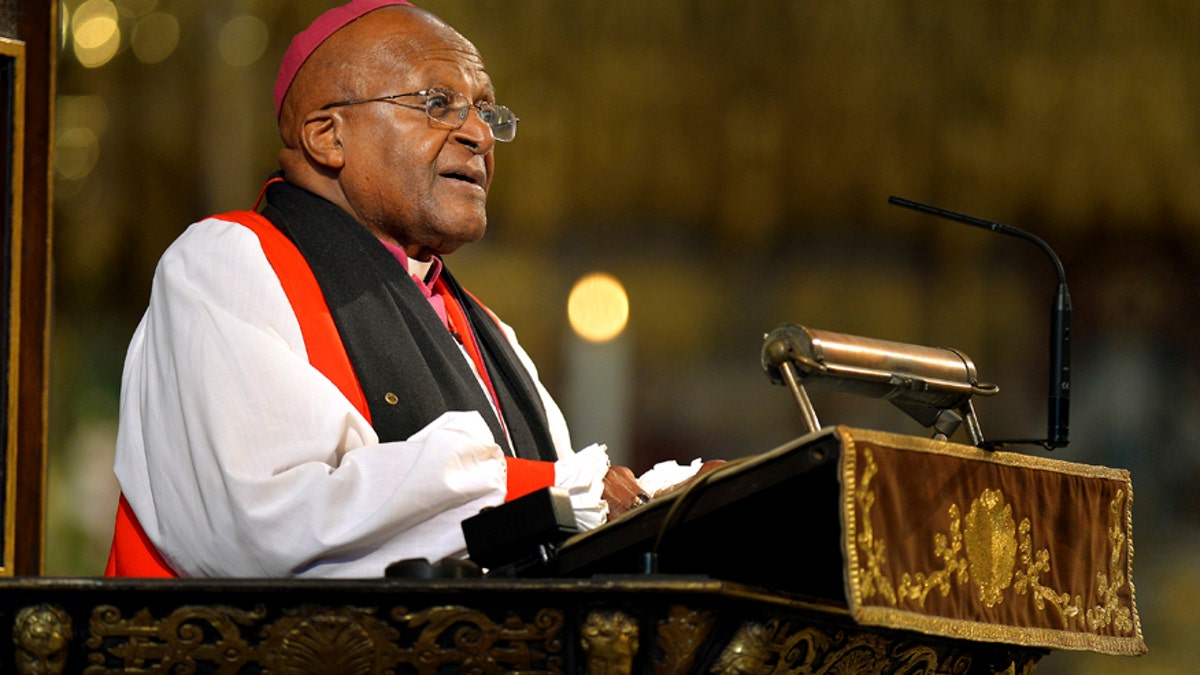
Archbishop Desmond Tutu. (Reuters)
Editor's note: We all need to forgive, and there are many of us who need forgiveness. The question is, how do we forgive? In their new book, "The Book of Forgiving," Archbishop Tutu and his daughter Mpho Tutu share their experiences, the stories of others who have inspired them, and what they have learned about the process of forgiving, to help all of us learn the answer to this. And, they are calling YOU to join the Tutu Global Forgiveness Challenge, to join them in undertaking the path for healing ourselves and our world.
Often when we are suffering from loss or harm of some kind, forgiving can seem too overwhelming, too complicated, to even consider.
How do we forgive if there has been no apology or explanation for why someone has hurt us so? How do we think of forgiving when we feel the person has not done anything to “deserve” our forgiveness? Where do we even start?
[pullquote]
The work of forgiveness is not easy. Perhaps you have already tried to forgive someone and just couldn’t do it.
Perhaps you have forgiven and the person did not show remorse or change his or her behavior or own up to his or her offenses—and you find yourself unforgiving all over again.
Forgiveness is not an effortless act for any of us, and it does not serve anyone to minimize the complexity involved in the work of forgiving.
It is best to break our forgiving down into bite-size pieces, and begin from wherever we are standing.
- Tell your story for as long as you need to.
- Name your hurts until they no longer pierce your heart.
- Grant forgiveness when you are ready to let go of a past that cannot be changed. Reconcile or release the relationship as you choose.
Forgiving is not easy, but it is the path to healing.
It was not easy for Nelson Mandela to spend twenty-seven years in prison, but when people say to me what a waste it was, I say no, it was not a waste.
It took twenty-seven years for him to be transformed from an angry, unforgiving young radical into an icon of reconciliation, forgiveness, and honor who could go on to lead a country back from the brink of civil war and self-destruction.
Our suffering, our pain, and our losses have the power to transform us.
It does not always feel just, nor is it easy, but we have seen that, with time, great good can come from great sorrow.
Excerpted from "The Book of Forgiving," by Archbishop Desmond Tutu and Reverend Mpho Tutu, reprinted with permission by HarperOne, an imprint of HarperCollins Publishers. Copyright 2014.
To sign up for the Tutu Global Forgiveness Challenge, visit forgivenesschallenge.com.
